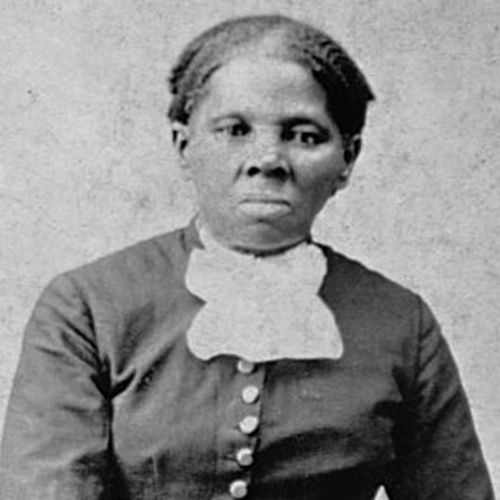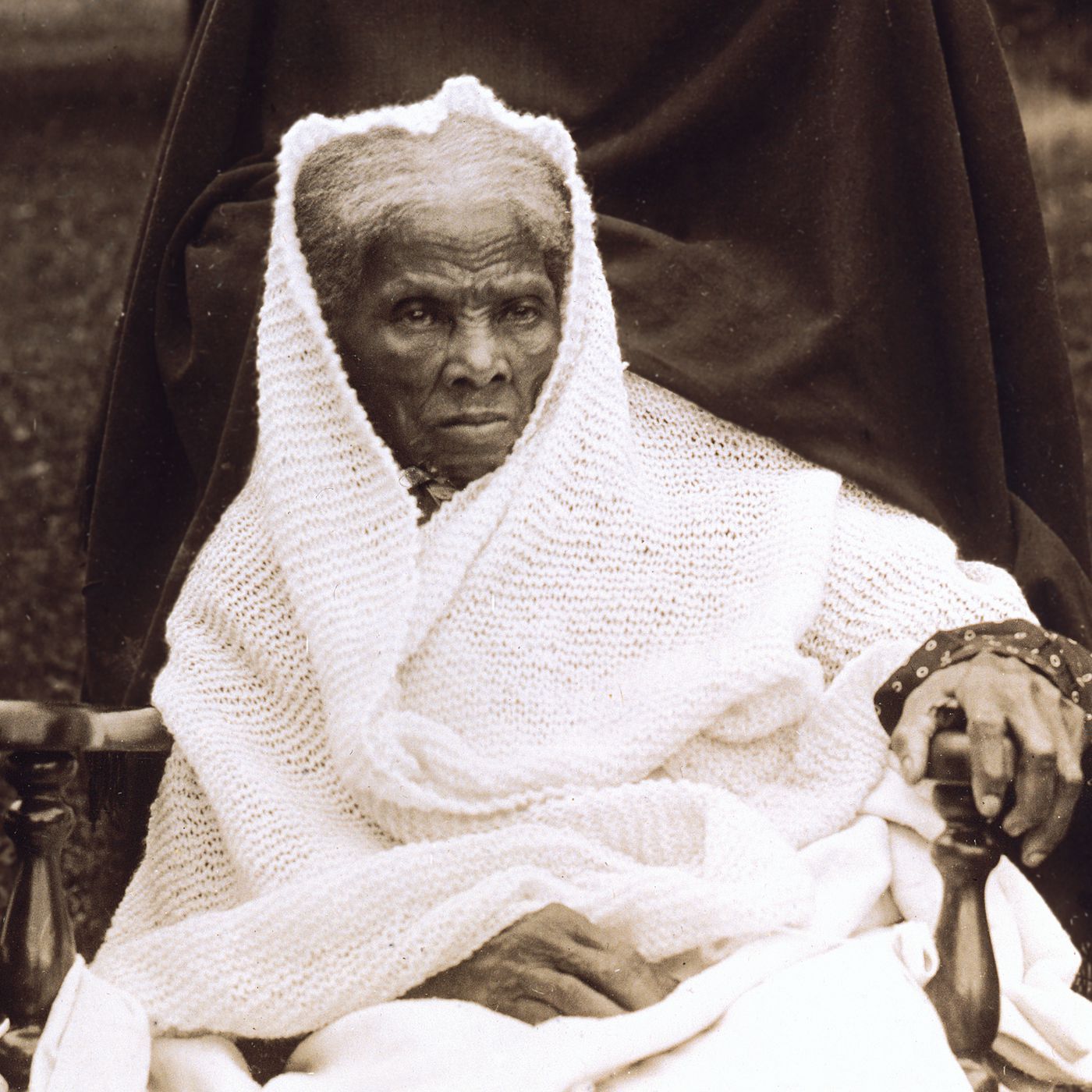Harriet Tubman – The Heroine of Freedom
In 1822, in a shabby cabin in Maryland, a baby’s cry broke the silence. Her name was Harriet Tubman. She was born into slavery – a life where a human being had no control over their own body, no right to choose their future. Her childhood was marked by lashes of the whip and endless days of toil in the cotton fields. And then came a fateful wound: a plantation overseer hurled a heavy weight at her head. From that day on, Harriet lived with constant pain, sudden seizures, and spells of unconsciousness.

A frail woman, burdened by disability, should have been crushed by fate. Yet, out of that darkness, Harriet found a blazing light. She escaped slavery, but freedom for herself was not enough. Her heart would not let her abandon those still shackled in chains.
And so, she chose the path of the Underground Railroad. In the cover of night, through forests and across frozen rivers, Harriet guided groups of enslaved men, women, and children toward freedom. With no maps, no compass—only courage and an unshakable faith—she risked her life again and again. People began to call her the “Moses of her people,” for like the Moses of Scripture, she led her brothers and sisters out of bondage.

What makes her story miraculous is not only her bravery. It is the fact that her disability, her seizures and sudden fainting spells, never stopped her. They became part of her legend. Remarkably, Harriet never lost a single person she guided. She would proudly declare: “I never ran my train off the track. I never lost a passenger.”

Harriet Tubman was not only a liberator of the enslaved. After the Civil War, she continued to fight—for women’s right to vote, for justice, for dignity. When she passed away in 1913, she left behind more than a legacy of daring rescues. She left a living truth: though the body may bear wounds, the human spirit can rise unbroken and shine a light for generations.
Harriet’s life is proof that freedom is not merely a dream—it is a destiny shaped by those whose hearts burn fiercely enough to defy the mountains of oppression.





